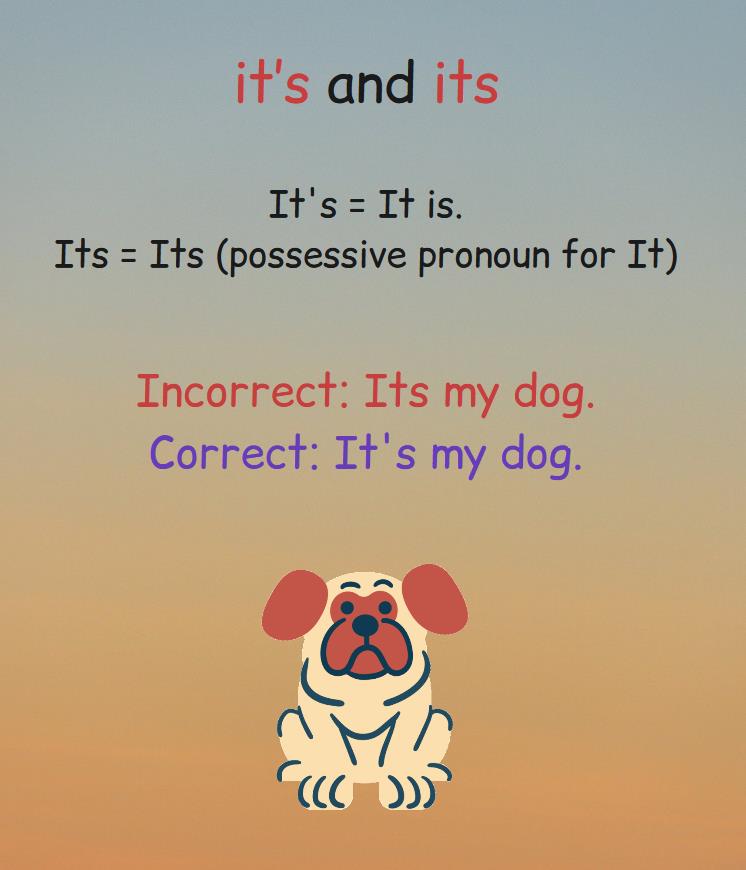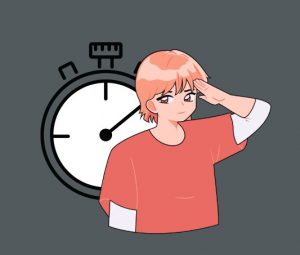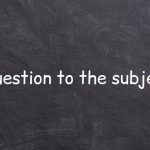The apostrophe is a punctuation mark that is used very often in English.
It is unlikely that you will be able to see a page of text that does not have this little symbol!
However, there are not many cases when we use an apostrophe and it is very easy to remember them.
Use Cases For The Apostrophe
We use an apostrophe to create the possessive case of nouns:
It’s a boy’s ball.
Mom’s scarf is very beautiful.
I like the guys’ music.

Note that we only use the apostrophe without the letter S when we form the possessive with a plural noun:
Incorrect: This is a girls’s dog.
Correct: This is a girls’ dog.
We use an apostrophe for the short form of auxiliaries.
For example, when abbreviating the verb do or does:
I don’t know you.
She doesn’t lie to you.
Have, Has, Have not, Has not.
I’ve seen many interesting things.
You haven’t got it right.
He hasn’t been there.
Will and Will not:
I won’t help you out with this.
You’ll know the truth.
Was, Were, Was not, Were not.
They weren’t good friends.
I wasn’t there!
You’re right.
am, is, are.
It’s not mine!
I’m your friend.
They’re brothers.
She isn’t my girlfriend.
He’s not going to help you.
Various modal verbs:
I can’t help you.
I’d like it but I couldn’t.
She shouldn’t be there.

Apostrophe And Years
This is a very interesting use of the apostrophe because according to different rules we can write decades using and not using an apostrophe.
- 1960s
- 1960’s
- 1970 ‘
- 1980 ‘
- 1980’s
- 90s
- ’90s
- 90’s
- ’90’s
All these combinations are considered correct and can occur in different texts.
Apostrophes With Specific Words Or Names
We use an apostrophe with some words in which the apostrophe helps to express a certain sound correctly.
Most often these are words that came to English from other languages. There are not many such words, so words with an apostrophe will not give you much trouble.
Take a look at the list of some of these words:
- D’artagnan
- M’Gregor
- Shin’ichi
- O’Toole
- Ob ‘
- D’Angelo
Athos, Porthos, Aramis and D’Artagnan.
This is my boss, Mr. Oliver O’Toole.
I saw Shin’ichi in Kakogawa yesterday.

Common Mistakes
English beginners often make one annoying mistake, using an apostrophe in the words “it’s” and “its”.
Remember:
- It’s = It is.
- Its = Its (possessive pronoun for It)
Take a look at examples:
Incorrect: Its my dog.
Correct: It’s my dog.
Another common mistake is when learners simply forget to put the apostrophe:
Incorrect: Im a writer.
Incorrect: Youve done lots of work today.
Correct: I’m a writer.
Correct: You’ve done lots of work today.
Also, note that the short forms of some words with apostrophes can be confusing in some situations.
Take a look at an example:
He’s a good man.
What does this sentence mean?
He is a good man? He was a good man?
If you use an apostrophe in such sentences, you must add some context to make it clear.

Bottom line: The apostrophe is a very simple punctuation mark and we use the apostrophe most often to shorten auxiliary verbs, so you won’t have any problems using this symbol.










